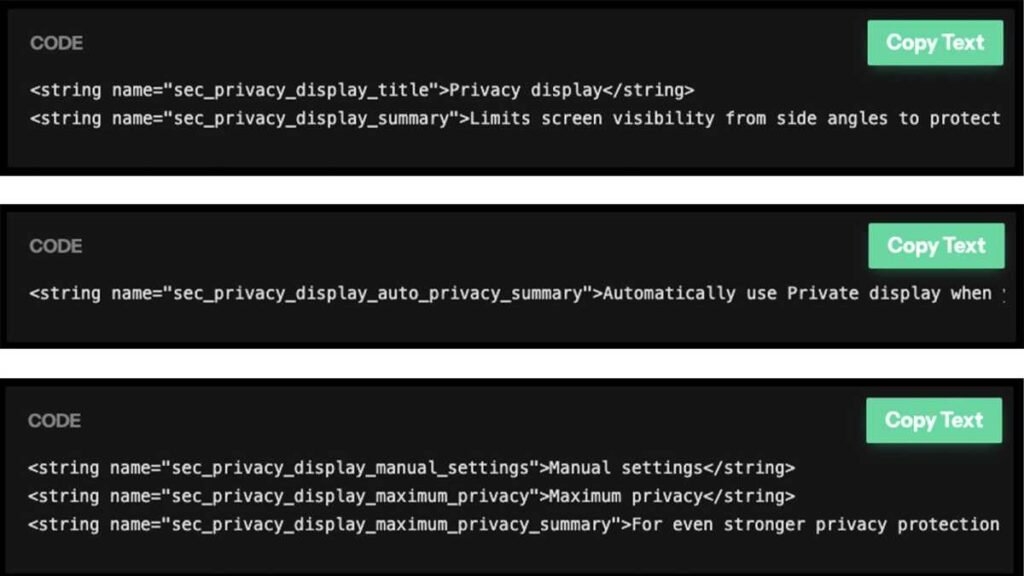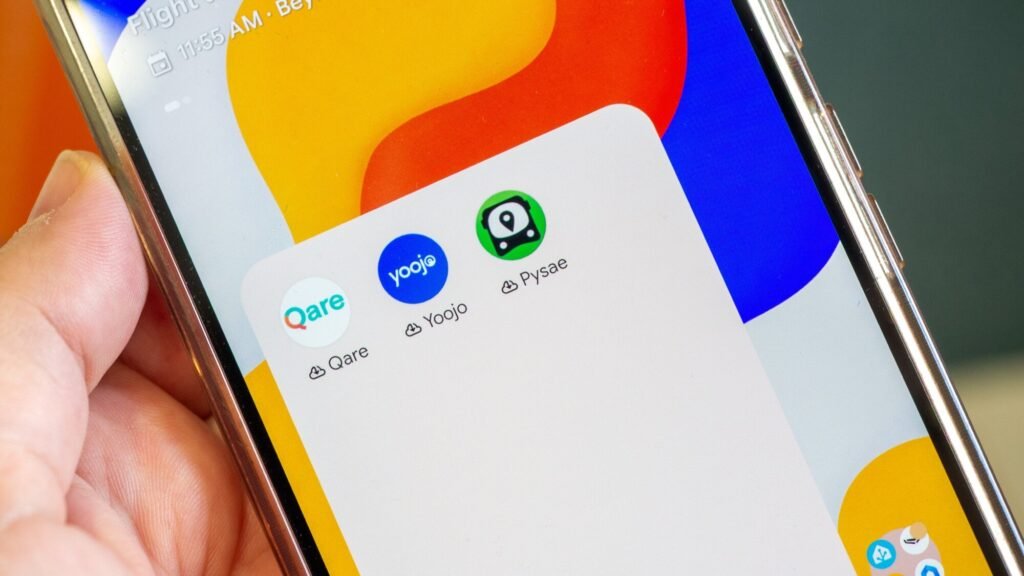 Credit: Pexels
Credit: PexelsMore cell phone bans could soon be coming to New Jersey schools after a state commission studying the effects of social media on young people recommended an all-day ban.
Under these bans, if cell phones are brought to school, they should be securely stored by school staff when students enter the building and returned at the end of the day, according to guidance from the state Department of Education. Students would not be allowed to access their devices for the entire school day, including during lunch or between class periods.
Local school districts would first have to approve the bans, which were recommended by the New Jersey Commission on the Effects of Social Media Usage on Adolescents.
At a minimum, districts should limit phone access during instructional time, but districts are encouraged to limit access throughout the entire school day, according to state guidance.
Already-enacted policies
“In today’s increasingly connected world, cell phones and other internet-enabled devices are integral to how students communicate, access information, and engage with the broader world,” according to the state guidance on student cell phone use. “However, the unregulated use of these devices during the school day can result in lower academic performance, harm to emotional well-being, and deterioration of a positive school climate.”
Some districts already have such policies in place, with several using pouches to lock up phones throughout the day. Cell phone polices are determined by individual school districts.
In Jersey City, one of the state’s largest school districts, board members voted unanimously Thursday to ban cell phones in classrooms. Phones can be used during lunch and recess, but not during bathroom breaks, according to the policy. During class, they must be turned off or on airplane mode and stored in a student’s backpack or storage unit.

The policy includes exceptions for emergencies and for students with disabilities and health needs, which is in line with state guidance.
Districts may consider using individual locked pouches that allow students to carry their phones without using them, storage units that are locked by school staff, or in-class storage stations that are managed by teachers, according to the guidance.
Past opposition to bell-to-bell cell phone bans included parents who wanted to be able to reach their children if there is an emergency at school. The state guidance directs districts to clarify phone policies during emergencies, balancing student safety with urges to contact family members.
One example suggests that during a lockdown students should silence their devices unless told otherwise by emergency personnel. During weather-related evacuations, students should listen to directions from adults about phone use, the guidance suggests.
In addition to providing guidance on cell phone use in schools, the full commission report offers recommendations for parents, policymakers, educators, health care providers and social media companies on how to “mitigate harm, preserve benefits, and safeguard the wellbeing of New Jersey’s youth.”
Social media impact
Gov. Phil Murphy and state lawmakers passed legislation creating the study commission on the impact of social media on young people and with orders to develop evidence-based recommendations. The commission included education officials, medical and mental health professionals, policy experts, parents and students. Members worked with the Rutgers University School of Communication and Information, which surveyed parents and adolescents about their online behaviors.
“This report is a roadmap for action,” Pearl Gabel and Charles Gelinas, co-chairs of the commission, said in a statement. “Social media has rewired childhood, and the stakes could not be higher.”
More than 22% of New Jersey teens said they use social media in class, according to a Rutgers-Eagleton study. And about 38% of teens reported spending more than four hours a day on social media.

Social media can have a negative impact on social-emotional health and well-being, especially when there is excessive use, according to the commission’s report. There can be mental health impacts, such as anxiety and depression, and physical health impacts, like sleep disruption.
To limit harm, the commission recommends the state Department of Education revise the learning standards related to digital citizenship and information and media literacy to align with the report. Schools and community organizations should also offer more support in this area, it suggests.
The commission also recommends that parents and caregivers do not let their kids use social media until they turn 16. After joining social media, the commission suggests parents monitor use and set boundaries. Parents should also model healthy behaviors to show their children how to use social media responsibly, the report recommends.
“Building off of this work, we must continue to review new research in light of the recommendations presented in this report to address the pressing issue of health and academic impacts of social media use on our students,” Education Commissioner Kevin Dehmer said in a statement.







